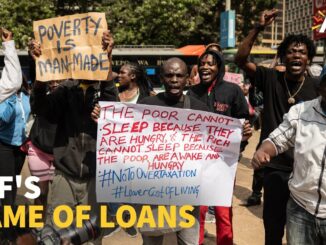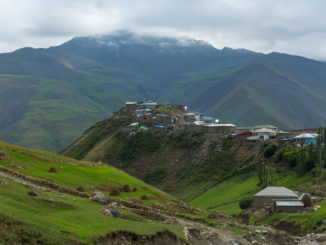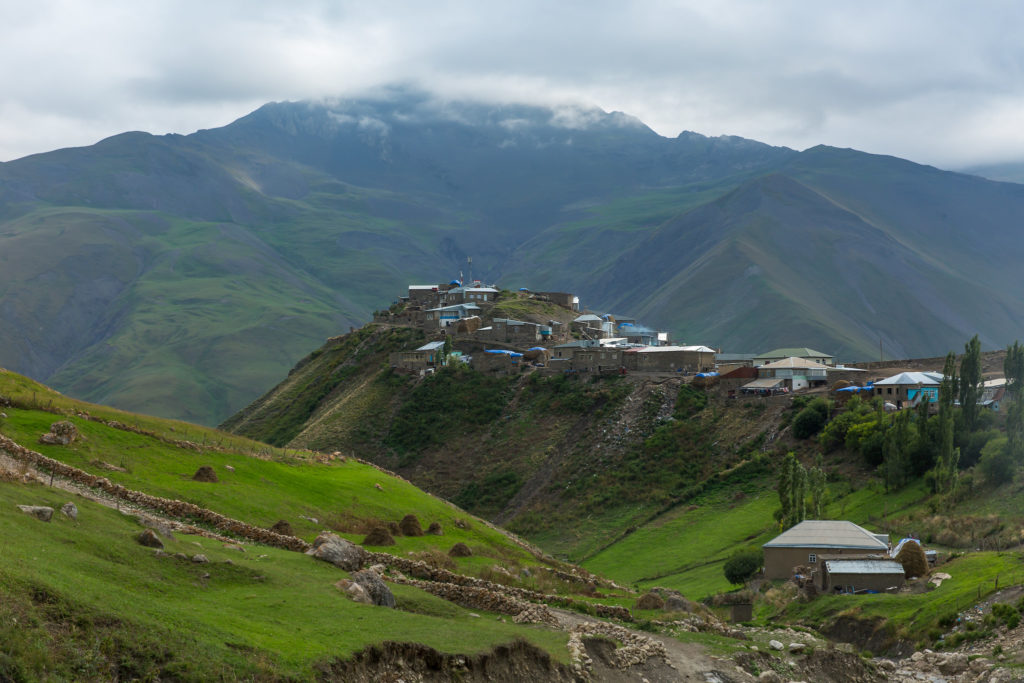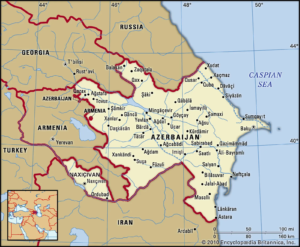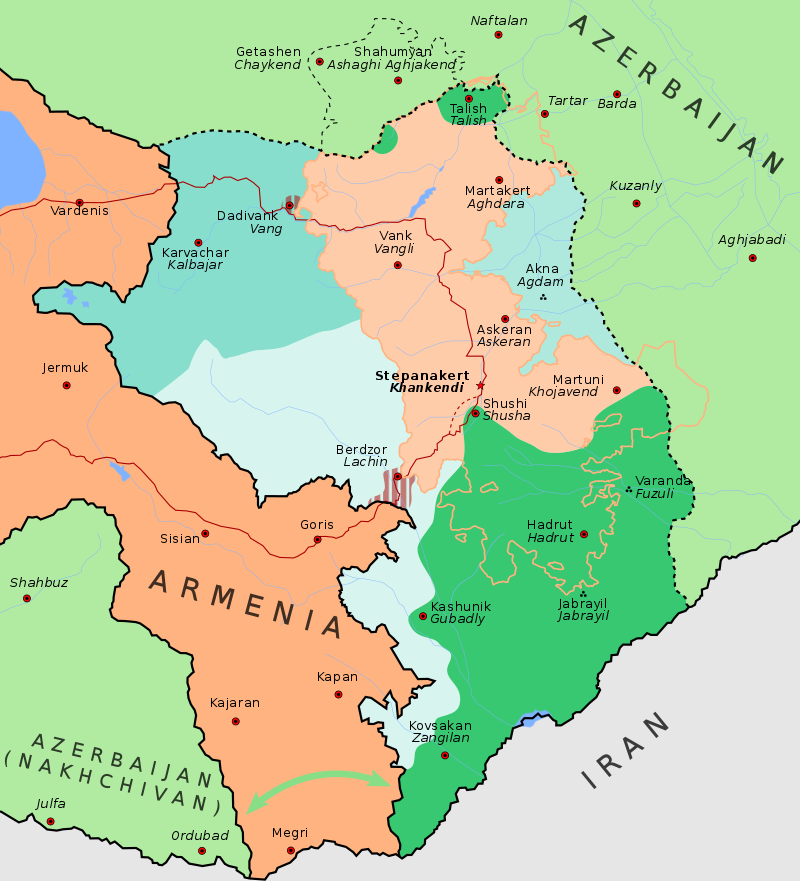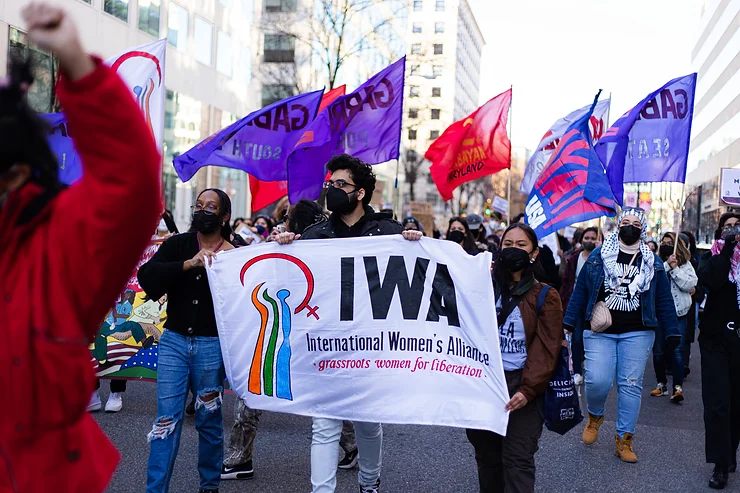
WASHINGTON, D.C.—Hundreds of mostly women gathered at Catholic University’s Maloney Hall during the first weekend of March to convene the first U.S.-based conference of a worldwide grassroots women’s network called the International Women’s Alliance, as well as help strengthen its fledgling U.S. chapter.
The conference kicked off early Saturday morning with speeches by Washington, D.C., “situationers,” Jacqueline Luqman and Madhvi Bahl.
Luqman, a member of the Black Alliance for Peace as well as IWA member organization Pan-African Community Action, gave an overview of how the U.S. government has oppressed Africans, starting from the late 1800s, when former slaves migrated from the U.S. South to Washington, D.C.. The U.S. Congress must approve all legislation passed by the district council and it controls the district’s budget. The U.S. President appoints the district’s judges, while it has no voting representation in Congress.
“It is because we are still a majority Black city, just barely. Forty percent Black with a 30 percent white population that is growing rapidly, due to continued rapacious gentrification,” Luqman told the crowd, which responded throughout her 18-minute presentation with hoots, hollers and applause. Luqman, also Toward Freedom‘s Board Secretary, left the mic to a standing ovation. Her talk can be found 28 minutes into this livestream playback.
Meanwhile, Bahl of the Migrant Solidarity Mutual Aid Network described how migrants’ human rights are being violated as they are used in a political tug of war.
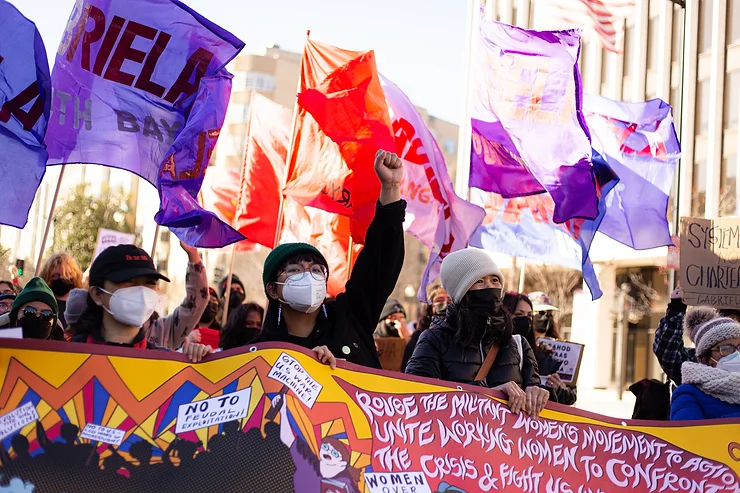
IWA Chairperson Azra Talat Sayeed represents Roots of Equity, a Pakistan-based group that organizes peasants, women and religious minorities in Pakistan. She described the poverty in her country, which she connected to U.S. interference. In Pakistan, 44 percent of children under the age of five are experiencing stunted growth due to lack of food.
“My country is bleeding,” Sayeed said. “It’s a massacre.”
Later, Monisha Rios, a U.S. military veteran and psychologist who lives in Puerto Rico, described the impact of U.S. militarization on women around the world and the effect of U.S. colonialism in Puerto Rico.
Then a panel discussion featured women on the front lines of the working-class movement in the United States.
Edith Saldano of Starbucks Workers United spoke of workplace harassment that led to her radicalization. “Y’all are going to cry with me today,” the Santa Cruz, California-based worker said as her face grew red. She said it is normal for customers to physically attack workers. Saldano described one incident where someone threw a banana at a barista.
The Starbucks worker identified three issues that threaten employed women: Harassment, unstable working conditions (including schedules) and workplace injuries.
“It’s consistently putting working women in survival mode.”
Saldano said already about 100 workers who have been organizing unions in Starbucks coffee shops have been fired and subsequently blacklisted from working at other company stores.
“How do we give the working class a solution?” Saldano asked.
The panel discussion also featured Christina Brown, the sister of 39-year-old Poushawn Brown, a Virginia-based Amazon employee who had no medical training, but was switched to a role that involved testing workers for COVID-19 on a daily basis. However, Christina said her sister was not provided with the proper protective gear nor with hazard pay. A few months after she began testing workers, Poushawn returned home on January 7, 2021, not feeling well. The shock came the next morning.
“She did not wake up,” Christina told conference attendees.
Now, Christina raises her sister’s 14-year-old daughter and is engaged in a legal battle with Amazon.
“I’m up against a trillion-dollar company all by myself. It’s just me doing it. I can’t stop.”
Panel moderator Monica Moorehead, who helped found the IWA, remarked on the recent U.S. federal government’s move to eliminate the Supplemental Nutrition Assistance Program (SNAP), which provides food to poor households. The majority of recipients are people of color.
“This is a slow genocide,” Moorehead remarked.
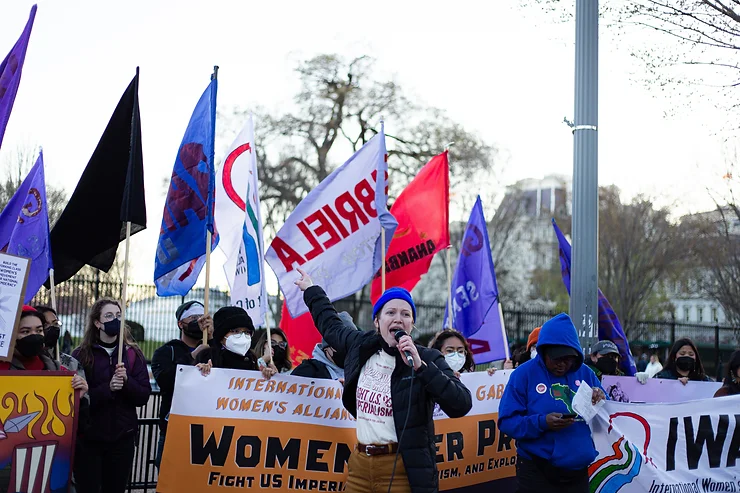
The International Women’s Alliance also introduced a proposed campaign, “Meet Women’s Needs; Stop Corporate Greed!” This campaign is designed to address the failings of the U.S. government to meet the needs of women and their families, and demand change. This comes in addition to previously launched ongoing campaigns, “War and Militarism” and “Women Over Profit.”
The alliance kicked off in 2010 in Montreal in response to the International League of People’s Struggle’s 2008 call for a women’s conference to be held. 2010 was the centennial year International Toiling Women’s Day.
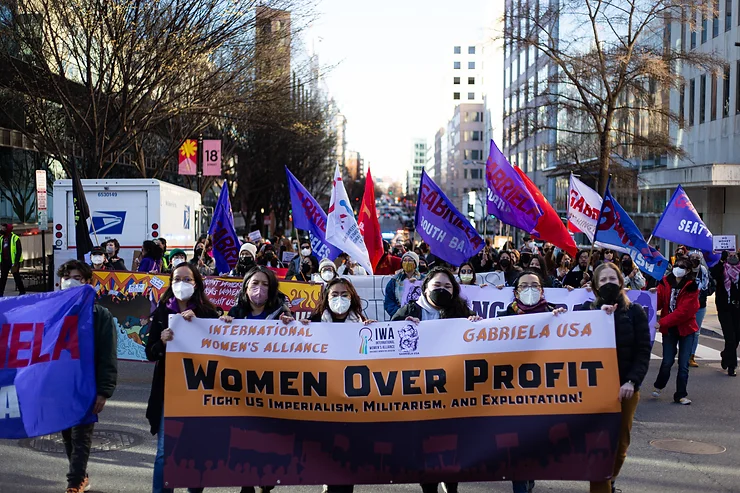
Later on during the first day of the conference, hundreds of women and their supporters started rallying at the Philippine embassy in Washington, D.C.
There, Vivian Flanagan from Terrapin Committee for Human Rights in the Philippines (TerpCHRP) at the University of Maryland College Park, spoke to the impacts of war on women. They focused on one weapons manufacturer found on their campus, Lockheed Martin, and shared how its former executive vice-president, Linda Gooden, is on the Board of Regents that oversees all of Maryland’s public universities.
“Let Linda’s ‘professional success’ at the expense of trafficked, exploited and martyred women affected by Lockheed Martin’s war machine be a reminder of the treachery of liberal feminism,” she said.
After marching to the World Bank, organizations from Palestinian Youth Movement, Katarungan DC, CODEPINK, and spoke about the World Bank’s role in suppressing poor countries through foreign aid that perpetuates indebtedness. Raymond Diaz from Katarungan DC shared about their parents’ migration experience.
“Much like many children of poor immigrants, my Mexican parents left everything they knew when NAFTA came in, driving thousands of laborers out of their homeland and becoming a part of the working class in this country.”
When the march arrived at the White House, speakers from United Students Against Sweatshops (USAS), Committee in Solidarity of the People of El Salvador (CISPES), Anti-Imperialist Action at University of Maryland Baltimore County, International League of Peoples Struggles (ILPS), African National Women’s Organization, Resist U.S. Led War, and IWA emphasized the call for international solidarity.
At the White House, Katie Comfort of IWA called for the unity of women and urged for the need to organize.
“Women are uniting around the world against U.S. imperialism and [women in the] the U.S. [have] to be a part of that movement. The International Women’s Alliance takes seriously the call to build IWA Americas not just here in the U.S., but in the Caribbean, in Latin America, to unite women around the world, to understand our common enemy is the U.S., the U.S. state, the U.S. military, who kills and rapes our women. So, we are here today to say the movement has to start now. We are not just here this weekend to speak out about it one time, but to keep speaking out about it until this House belongs to the People. We are here to declare Women over Profit.”
Julie Varughese is editor of Toward Freedom.



